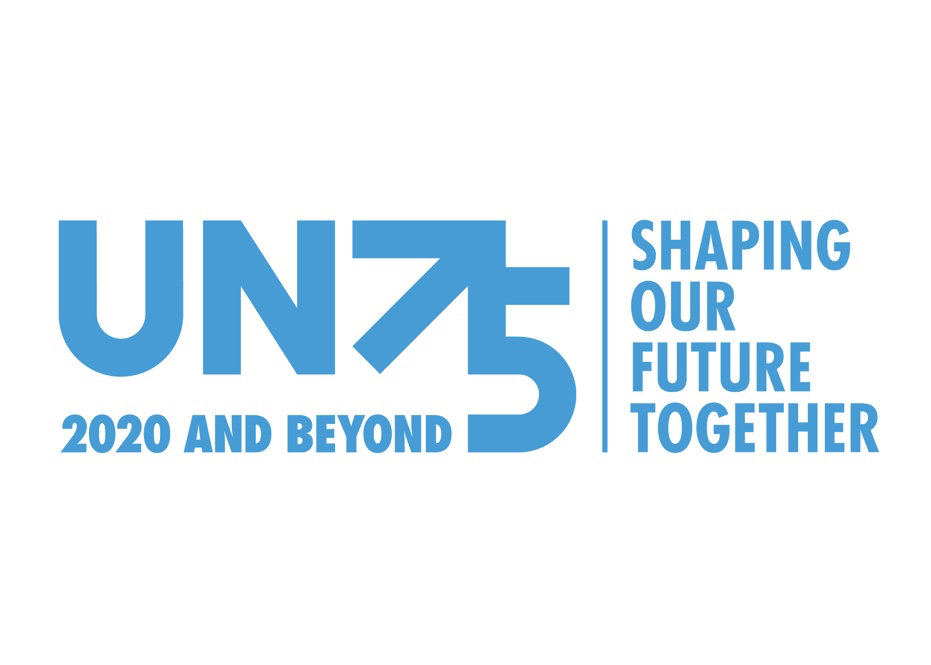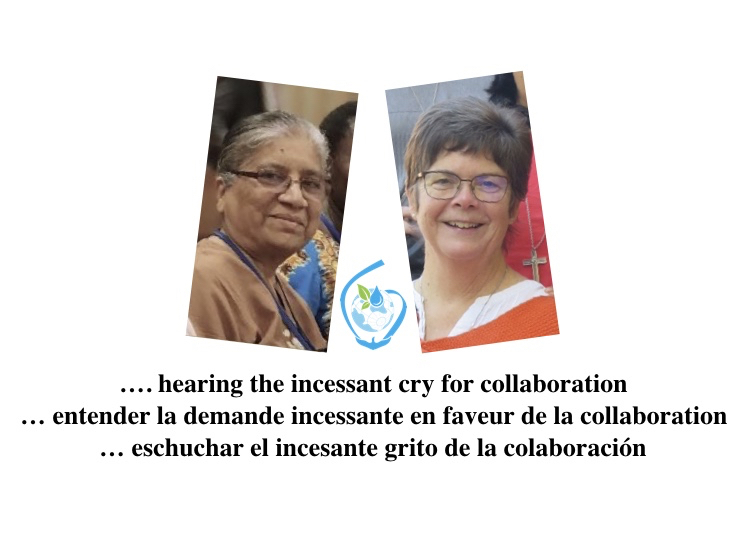Multilateralism is the biggest challenge to our world today. During the 75th General Assembly of the United Nations in September 2020 a demand for global cooperation called all world leaders to work together to address global challenges: 
The pandemic is not the only issue the world faces. Racism, intolerance, inequality, climate change, poverty, hunger, armed conflict and other ills remain global challenges. These challenges call for global action, and the 75th session of the General Assembly is a critical opportunity for all to come together and chart a course for the future.
The demand for multilateralism is also an unceasing plea by civil society. The appeal corresponds to the negative impacts on civil society of an increase in nationalisms, crumbling democracies, lack of political will and disrespect for human rights; all this in a critical time for humanity’s survival. Rita Pinto (IND) and Sheila Smith (UN-NGO Representative) heard the incessant cry for collaboration as they attended some of the virtual events that were part of the 75th General Assembly of the UN.
Rita Pinto rscj reports that UN Secretary General, Antonio Guterres, in his opening statement called this year "critical in the life of our Organization." He implored nations to find more inclusive and concrete ways to work together now, in the post-pandemic recovery period and going forward. Guterres called countries to transformative change and increased political will. [Click here to read the opening remarks.]
 Sheila Smith rscj notes that the Head of Vatican State, Pope Francis also addressed the General Assembly. His message was similar to that of Gutteres in content and strength, calling leaders to choose solidarity as the path to justice, peace and unity:
Sheila Smith rscj notes that the Head of Vatican State, Pope Francis also addressed the General Assembly. His message was similar to that of Gutteres in content and strength, calling leaders to choose solidarity as the path to justice, peace and unity:
We are faced, then, with a choice between two possible paths. One path leads to the consolidation of multilateralism as the expression of a renewed sense of global co-responsibility, a solidarity grounded in justice and the attainment of peace and unity within the human family, which is God’s plan for our world. The other path emphasizes self-sufficiency, nationalism, protectionism, individualism and isolation; it excludes the poor, the vulnerable and those dwelling on the peripheries of life. That path would certainly be detrimental to the whole community, causing self-inflicted wounds on everyone. It must not prevail.
When speaking about the current global pandemic, Pope Francis continued his plea for the practice of solidarity,
…I renew my appeal to political leaders and the private sector to spare no effort to ensure access to Covid-19 vaccines and to the essential technologies needed to care for the sick. If anyone should be given preference, let it be the poorest, the most vulnerable, those who so often experience discrimination because they have neither power nor economic resources.
The current crisis has also demonstrated that solidarity must not be an empty word or promise…
[Click here to read the full address of Pope Francis to the UN on September 25, 2020.]
Civil society is a crucial part of the UN system. In fact, the Universal Declaration of Human Rights begins not with "We the Governments"; rather, the first words are "We the Peoples." The role of civil society at the UN is crucial. We are there to hold our national governments accountable to the promises they have made to their peoples as signatories to myriad UN human rights declarations, compacts, and conventions during the past 75 years.
However, civil society organizations need to be credible themselves. This means that we cannot convincingly hold our governments accountable if we ourselves have no political will or do not witness to collaboration and transformation. In Being Artisans of Hope in Our Blessed and Broken World, the Sacred Heart Family commits to be and act as One Body and to work together to integrate our aspirations with personal, communal and systemic transformation. Transformative Communities of Practice (TCoPs) are a way to bring us together globally in our shared common values and passions to do our part to influence the transformation of global systems. Our purpose is to help realize God’s mission of love in our blessed and broken world.
Together with other faith-based organizations, Sacred Heart at the UN signed a statement to the UN called, A Faith-Based Vision for the UN at 75 and Beyond. [Click here to read the document.]
To close, Faith Speaks to UN75 is a video featuring some of the faith-based groups with which Sacred Heart collaborates at the UN. [Click here to view the video.]
Sheila Smith rscj
UN-NGO Representative
